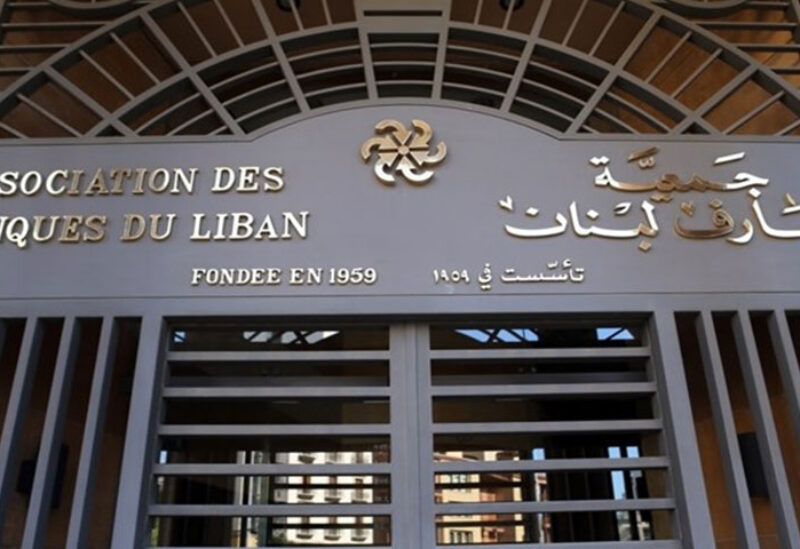
Lebanese Banks Association
S&P Global Ratings warned that a government debt restructuring in Lebanon involving write-downs of its bonds could trigger a “sovereign doom loop” that would prove costly to the Lebanese banks holding these assets.
Although the true extent of banks’ losses will only materialize once the government restructures its liabilities, the cost of a default could surpass 100 percent of the country’s gross domestic product, the ratings agency warned in a report titled ‘Calculating The Cost of Lebanon’s Bank-Sovereign Doom-Loop’.
Under its most pessimistic scenario, lenders face asset write-downs equating to 134 percent of the country’s GDP.
“Without a resolution, Lebanese banks could find it difficult to sustain their operations as deposit outflows continue and foreign correspondent banks sever relationships,” S&P Global Ratings credit analyst Zahabia Gupta, said. “Failure to restructure the financial system could leave Lebanon with banks unfit to support an economic recovery.”
Lebanon is facing the worst economic crisis in three decades. The government defaulted on $1.2 billion of eurobonds that were due on March 9 last year. It owes about $31 billion in dollar-denominated eurobonds, which are currently trading at between 11 cents-15 cents on the dollar, the ratings agency said, meaning investors are pricing in an 85-89 per cent write-down in the face value of the debt.
A restructuring plan was first proposed in April last year by former Prime Minister Hasan Diab, which included a write-down of government debt and a discount of banks’ deposits held with the central bank.
However, the country has endured more than a year of political infighting ever since, leaving markets in the dark about a potential resolution.
“Resolving the political deadlock in Lebanon is critical to starting the restructuring process, and delays could complicate a recovery,” Gupta said. “The main stumbling block to restructuring appears to be that Lebanon is currently functioning with a caretaker government without authority to agree terms with creditors.”